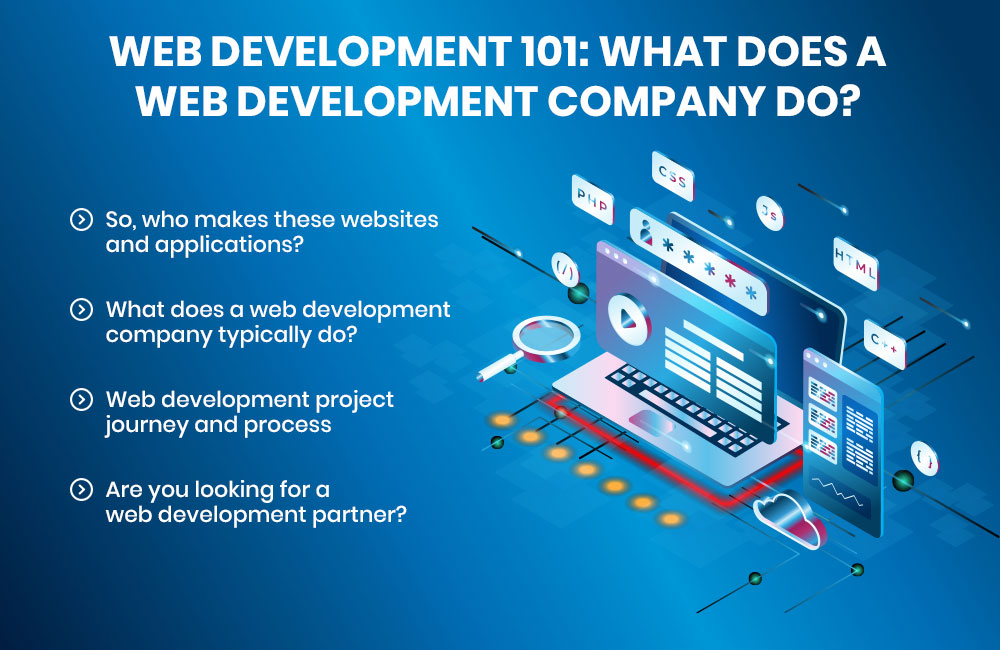
The Importance Of SEO In Web Development: How to Optimize Your Website
In today’s digital age, a strong online presence is crucial for businesses and individuals. Whether you run an e-commerce store, a blog, or a corporate website, the success of your online venture largely depends on your website’s visibility to search engines. This is where Search Engine Optimization (SEO) comes into play. This article will explore the importance of SEO in web development and discover key strategies for enhancing your website design to ensure it ranks well on search engines.
Understanding the Role of SEO
SEO is optimizing your website’s content, structure, and performance to improve its visibility in search engine results pages (SERPs). When users search for information, products, or services online, they typically rely on search engines like Google, Bing, or Yahoo to find what they need. If your website doesn’t appear on the first page of search results, you may miss out on valuable traffic and potential customers.
The Value of Organic Traffic
One of the primary reasons why SEO is so important is because it helps you generate organic traffic. Organic traffic refers to visitors who find your website through unpaid search results rather than paid advertising. Organic traffic is more valuable because it often represents users genuinely interested in your content or offerings. Therefore, optimizing your website for search engines can lead to higher-quality traffic and improved conversion rates.
SEO and Web Development: A Symbiotic Relationship
SEO should be considered from the beginning of the process when it comes to web development. Website design, structure, and content must all align with SEO best practices to achieve the desired results. Here are some key strategies for enhancing your website design with SEO in mind:
1. Mobile-Friendly Design
With the increasing use of smartphones, having a mobile-friendly website is essential. Google considers mobile-friendliness a ranking factor, so ensure your site is responsive and provides a seamless user experience on mobile devices.
2. Optimize Page Load Speed
Page load speed directly impacts user experience and SEO. Slow-loading websites can lead to higher bounce rates and lower search rankings. Minimize image sizes, use browser caching, and leverage content delivery networks (CDNs) to improve page speed.
3. Keyword Research and Placement
Keyword research is fundamental to SEO. Identify relevant keywords and phrases related to your content, products, or services, and strategically incorporate them into your website’s content and meta tags.
4. High-Quality Content
Create valuable, informative, and engaging content that caters to the needs of your target audience. High-quality content keeps visitors engaged and encourages other websites to link to your site, improving your SEO.
5. User-Friendly Navigation
Ensure that your website’s navigation is intuitive and easy to use. A well-structured menu and organized internal links help users and search engines understand your website’s hierarchy and content.
6. Secure Website (HTTPS)
Google considers website security a ranking factor. Implementing HTTPS encryption boosts your SEO and instills trust in your visitors.
7. Schema Markup
Using schema markup can provide search engines with additional information about your content, improving the likelihood of featured snippets and rich search results.
Conclusion
In conclusion, SEO plays a vital role in web development and should not be an afterthought. Optimizing your website for search engines can increase visibility, organic traffic, and ultimately, better business outcomes. By focusing on mobile-friendliness, page speed, keyword optimization, content quality, navigation, security, and schema markup, you can create a website that looks great and performs exceptionally well in search engine rankings. Remember that SEO is an ongoing process, so regularly monitor your website’s performance and adapt to changing search engine algorithms to stay ahead in the digital landscape. Start implementing these strategies today to discover the true potential of your website.



